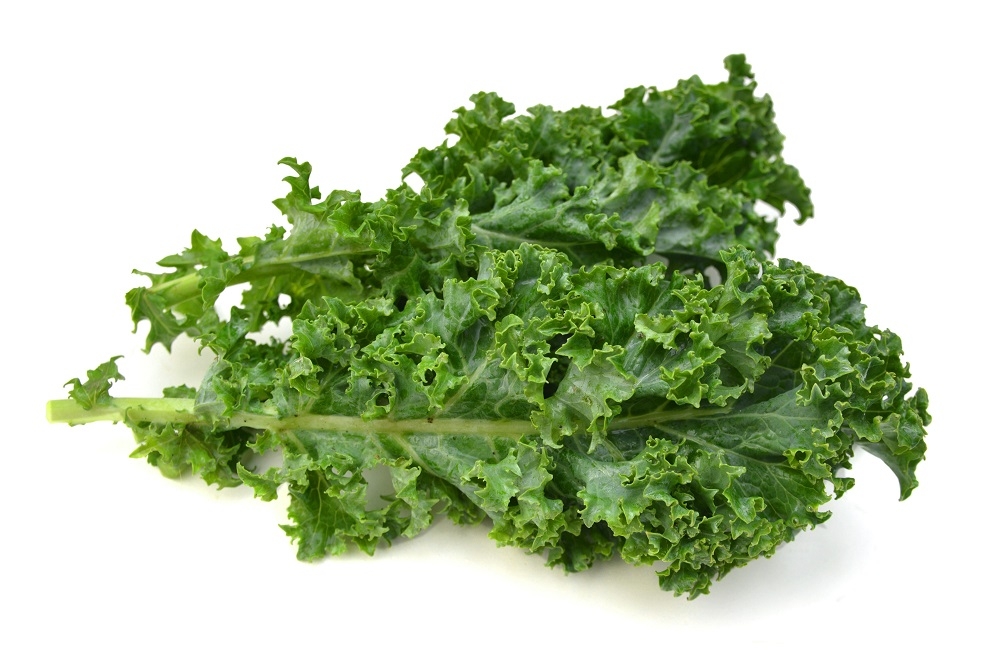Kale is a common superfood found on different lists of leafy greens. It is loaded with valuable nutrients, including phytonutrients, vitamins, and minerals. It is easily grown and affordable. Consuming kales offers numerous health benefits, including improved skin health, bone health, detoxification, and heart wellness. For example, kales have vitamins, such as, A, K, and C. Vitamin A is significant in promoting vision and skin wellness, whereas vitamin C helps raise immunity and strengthen joints. It also increases the body’s metabolism and maintains hydration. On the other hand, vitamin K increases bone health, prevents diseases like cancer and diabetes, and helps in blood clotting.
Eating kales can supply minerals like magnesium, calcium, and iron. This vegetable is the best in digestion since it has little or no oxalate composition; unlike other veggies, including spinach. Most foods contain oxalate, which when in high concentration it can facilitate release of calcium in urine that may risk kidney stones.Research suggests that kale contains cancer prevention effects due to its glucosinolate phytonutrients. It also has sulfur compounds that help prevent tumor development and alter the enzymes associated with cancer. Moreover, kale is known to be among the world’s healthiest foods containing numerous antioxidants like flavonoids that can lower stroke risk. Even researchers suggests that it has omega-3 fatty acids, which heighten cognitive function, especially following a brain injury. The Journal of the American Academy of Dermatology published an article indicating that lack of enough iron can lead to hair loss. It is better to always rely on kales or other veggies for natural iron rather than supplements.
The panel of nutrients for a serving size of kale.
One cup serving has;
- Calories 7.2
- Potassium 71.7mg
- Fiber 0.8g
- Carbs 0.9g
- Sugars 0.2 g
- Vitamin K 80.3mg
- Vitamin A 49.6mcg
- Vitamin C 19.2 mg
- Calcium 52.3mg
- Fiber 0.8mg
- Fat 0.3g
4. Please zoom in on 3 of the key nutrients in kale from above and share a few sentences saying kale is a great source of this nutrient and here’s why this nutrient is important and what research shows and linking to relevant studies as needed.
Vitamin C
Kale has vitamin C, which is water-soluble, offering anti-inflammatory functions to the body. It also helps in structural protein formation and collagen synthesis, which promotes skin and hair health. It is among the world’s best vitamin C sources compared to other vegetables.
Calories
Eating kales can help lose weight because its less caloric content. A single cup only carries 7.2 calories, which is less than those in a cup of iceberg lettuce.
Fats
From the above information, kale has nearly zero amount of fat. Nevertheless, the preparation method used determines how much fat is consumed. It will have additional fat if you cook it in olive oil or butter. I always recommend boiling or using little amounts of fat.
- Learn to Enjoy Self-care Routine - September 21, 2023
- Jonathan Aufray’s Story - July 29, 2023
- From Public Housing To Ivy League: The Inspiring Journey of Crystaltharrell.com and its Founder - June 7, 2023






